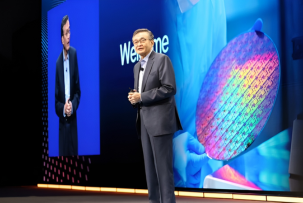Samsung is not going to reduce the price of NAND memory but is going to cut production
14:37, 23.02.2024
Samsung Electronics is planning to cut production of NAND and HBM memory due to what the company believes to be unjustifiably low market prices. Prices for solid-state memory have been rising steadily and increased by 8.87% in December last year. Despite this, the company has decided to reduce NAND production to stabilize the market.
At the same time, the SSD and RAM markets are expected to be destabilized, as Samsung holds a leading position there. The 9% rise in prices did not convince Samsung not to put restrictions on production and market activity. The logic is simple: the company does not want to lose the market share that Samsung holds, but at the same time, prices cannot go any higher, so the only solution to increase profits is to reduce chip production.
In this decision, in particular, the AI factor was taken into account. Server systems focused on neural networks are mostly equipped with NVIDIA accelerators. In other cases, for example, where the access speed is not critical, HDDs are used, which can provide more than 30 TB of storage at a reasonable price.
Samsung may reduce its production capacity to avoid a shortage of NAND, HBM, and DDR memory. But given the fact that there is already a shortage of NVIDIA accelerators due to its focus on AI, Samsung's plan to "stabilize the market" seems to be nothing more than an attempt to purposefully create a shortage of its own.


